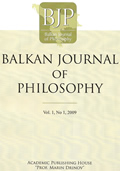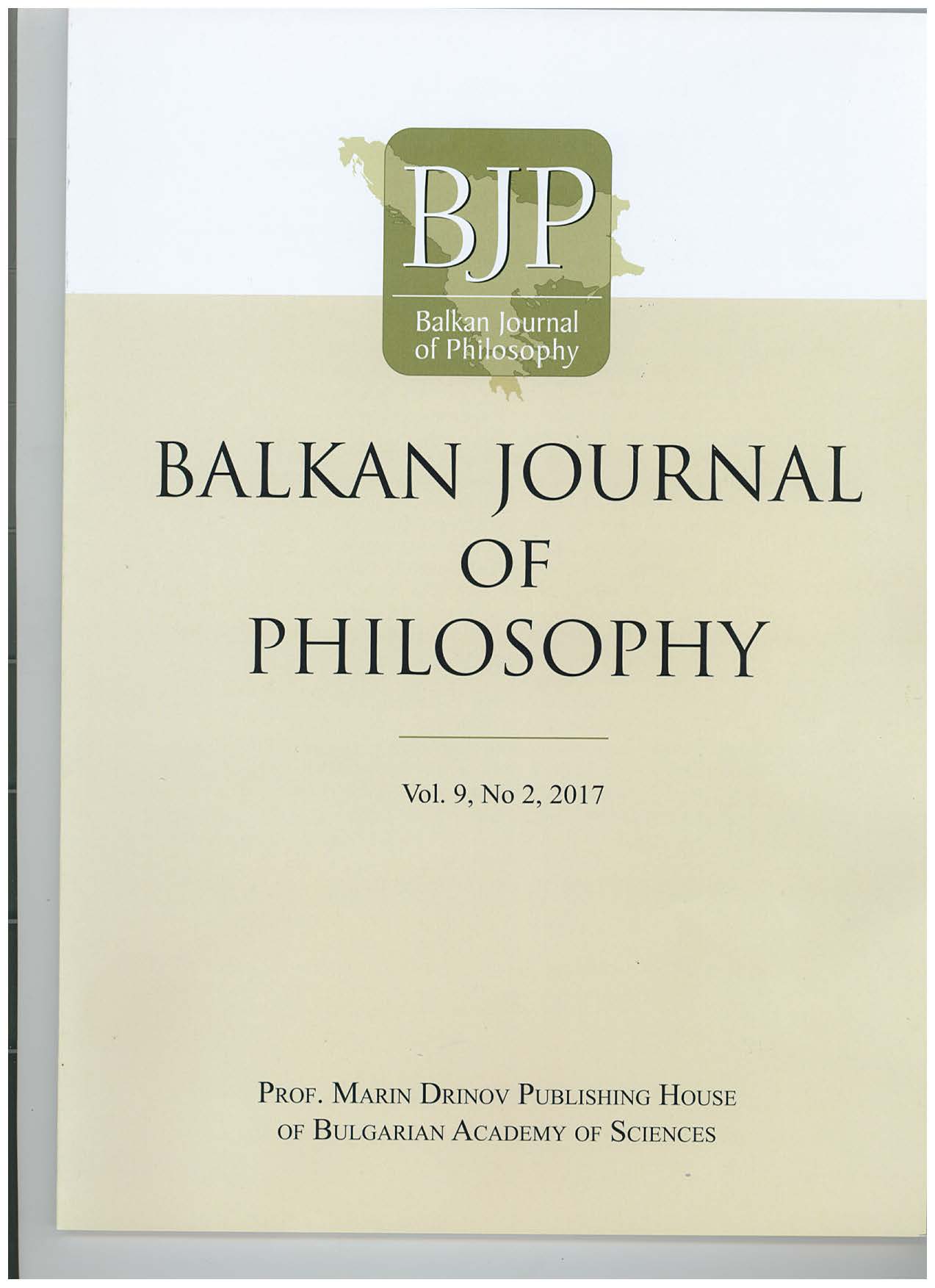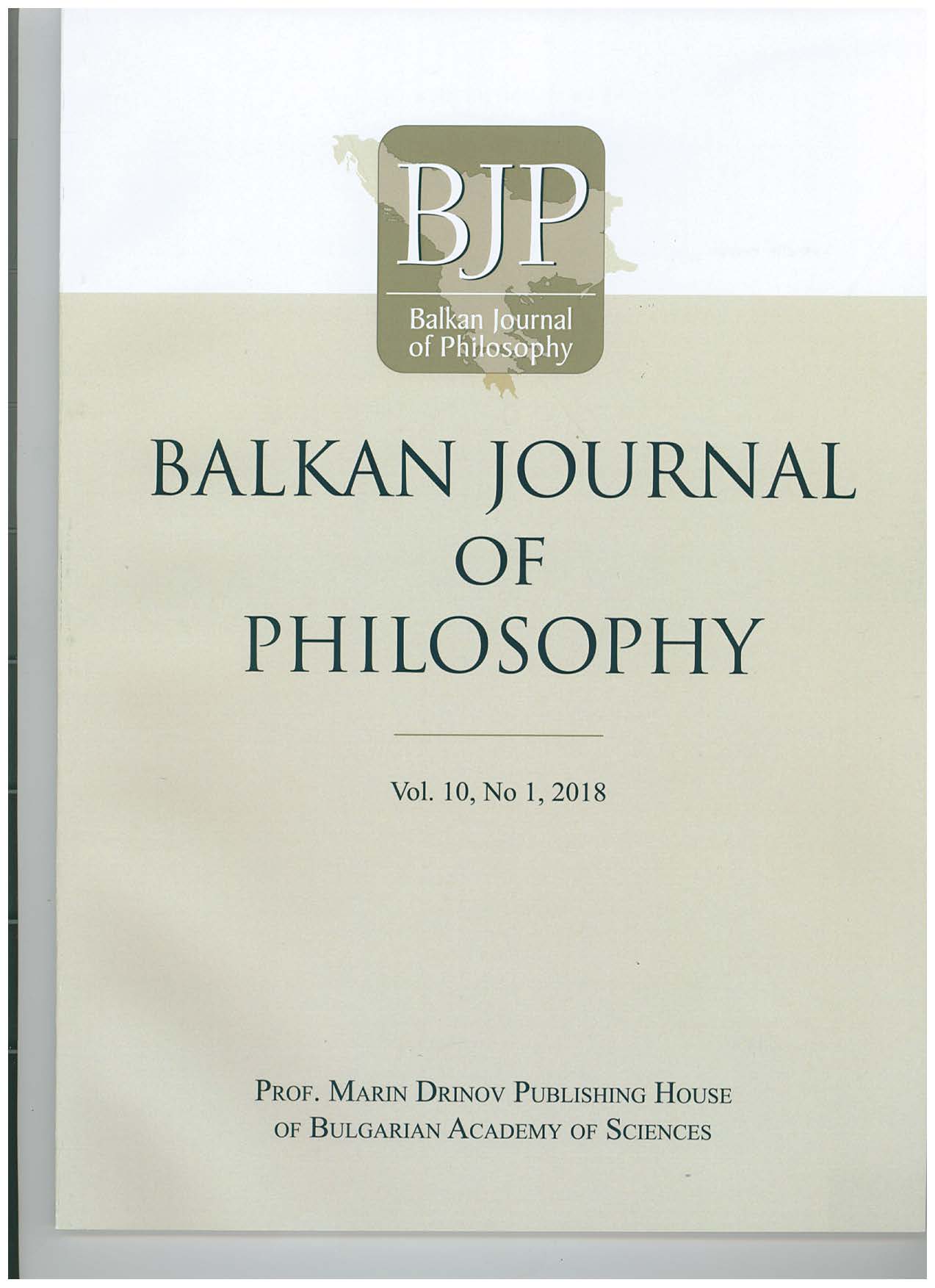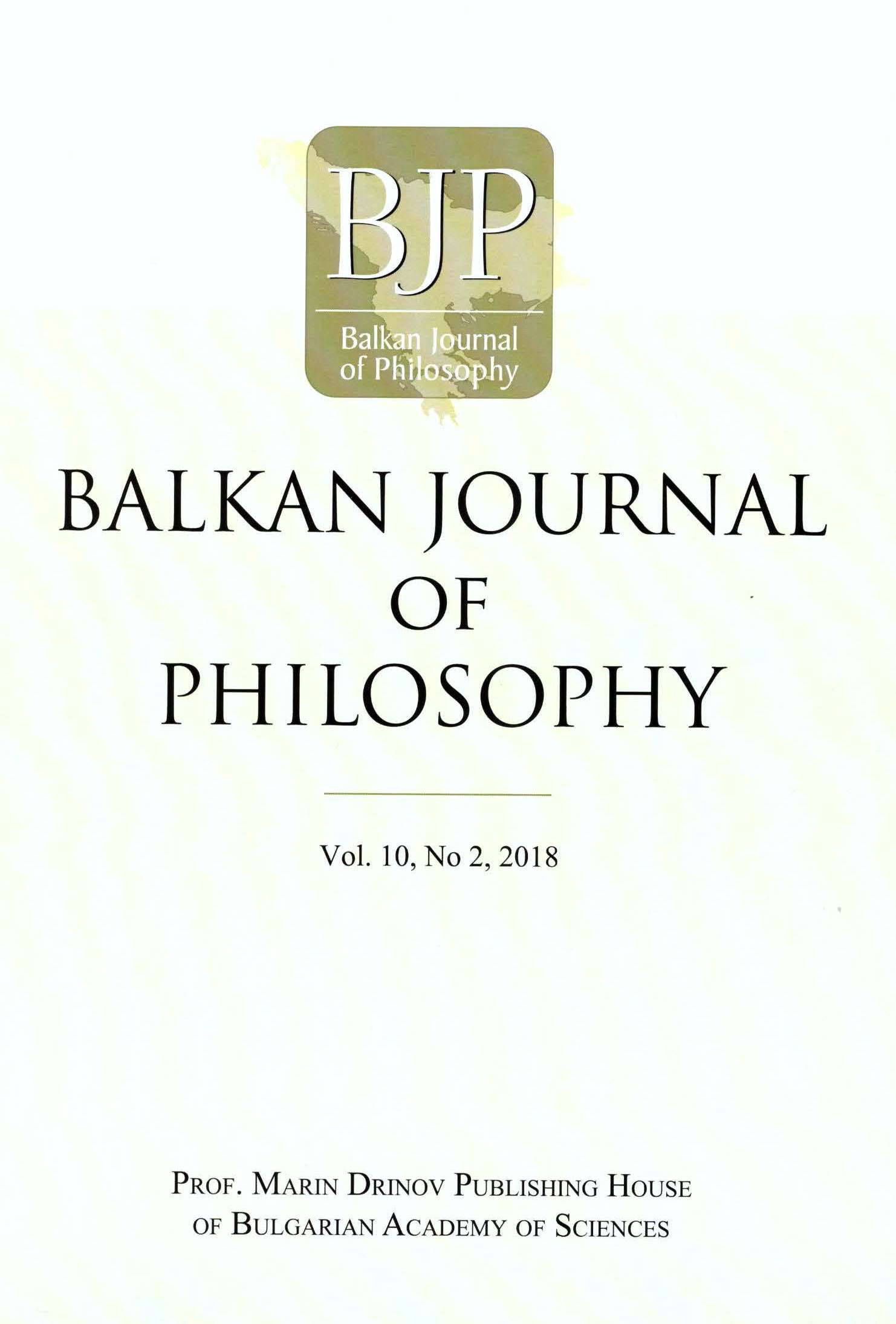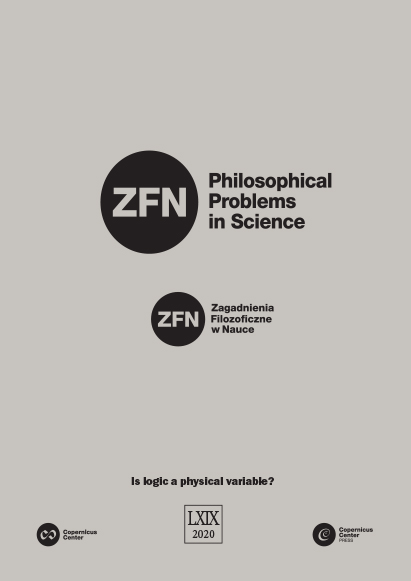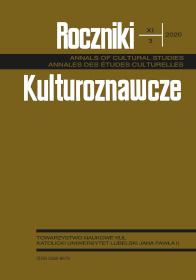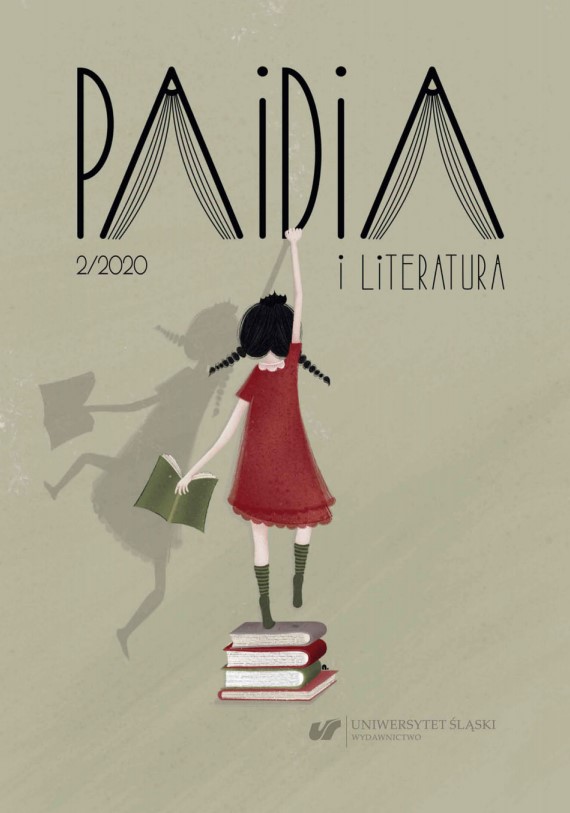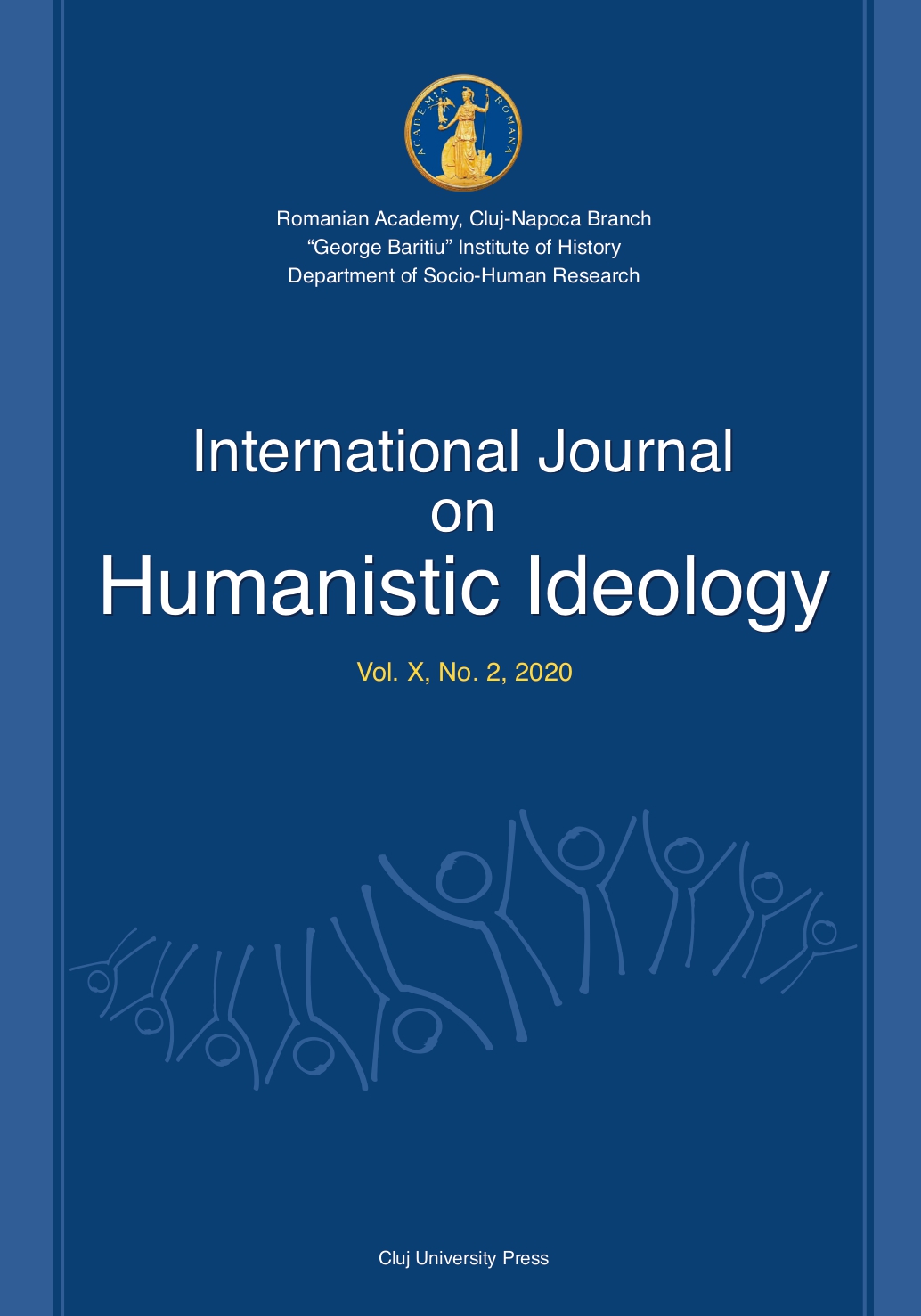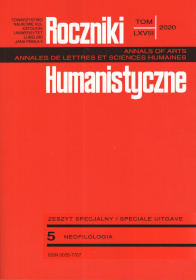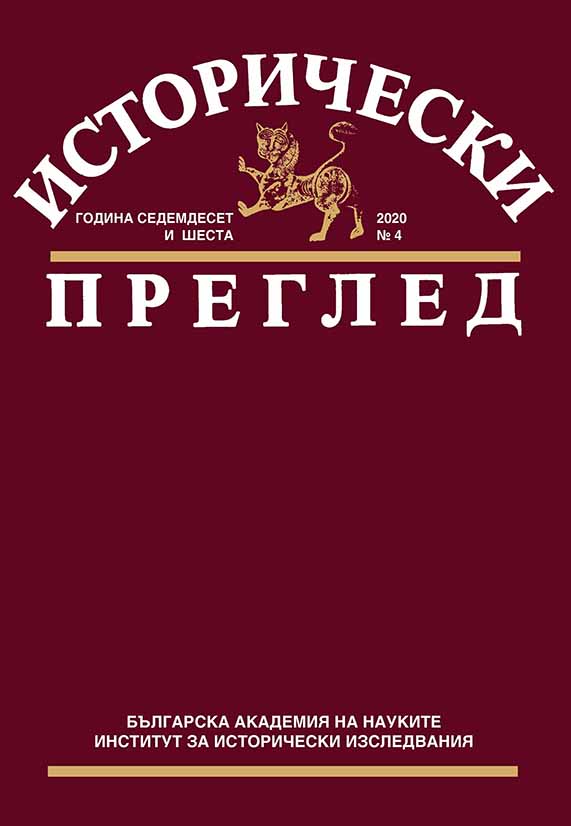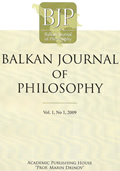
Reclaiming Nature by Reclaiming the Body
A number of recent environmental philosophers (Vogel, Morton, Latour) have proclaimed the end of nature. They oppose what they consider to be an outdated view of nature as a basis for environmental philosophy and political ecology. Instead of “thinking like a mountain” (Leopold), we should begin “thinking like a mall” (Vogel). These end-of-nature thinkers claim that the concept of nature in environmental discourses is bound to be something that is outside of us because man is understood as doing something to nature. Without putting forth a clearly defined concept of “nature,” we argue that pro-claiming the end of nature is misguided. This proclamation means forgetting the body. If we really want to get beyond understanding nature as something outside of us, and truly sense and understand ourselves as natural or environmental beings who are a part of the earth’s ecosystem, we should direct our attention to how nature as the biotic, inner/outer environment is experienced and sensed in and through our bodies. We thus suggest that environ-mental philosophy should encourage sensing like embodied beings before introducing notions like thinking like a mountain, mall, water, or a plant for that matter. This approach is among other things based on the phenomemology of the body (Merleau-Ponty) and phenomenology of the real (Conrad-Martius).”
More...
